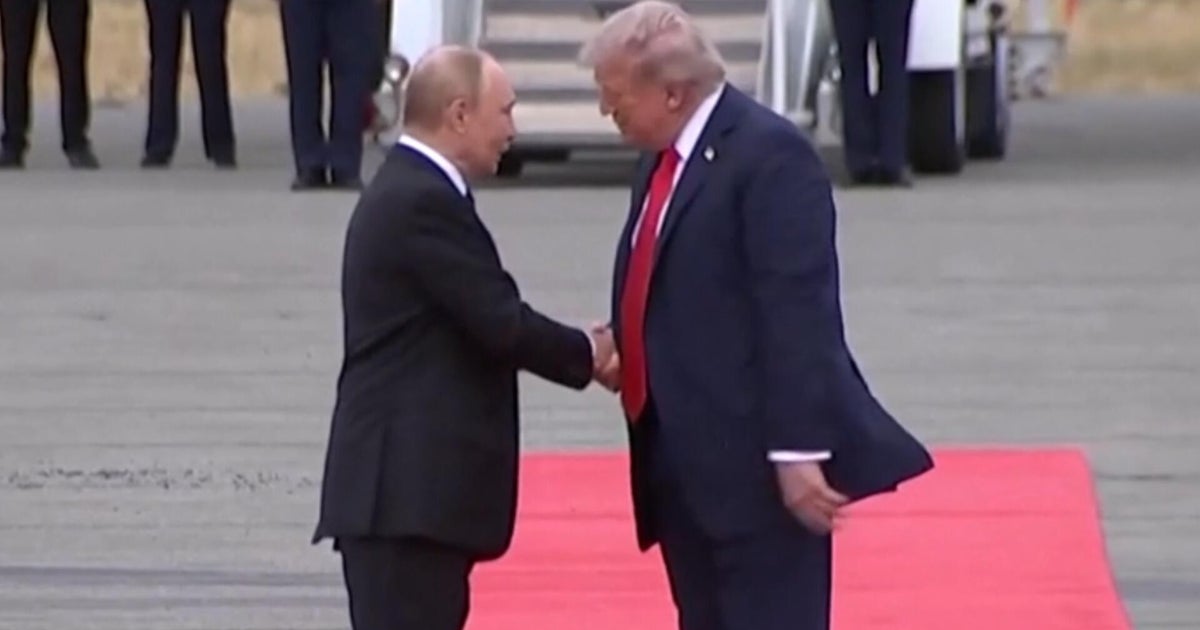Holly Williams reports from Kyiv, Ukraine, where skepticism about whether Russian President Vladimir Putin wants to end his war is growing.
Why it matters
- The ongoing conflict in Ukraine remains a critical geopolitical issue, with far-reaching implications for Europe and the global order.
- European leaders are increasingly doubtful about Russian President Vladimir Putin's willingness to engage in genuine peace talks, affecting diplomatic strategies.
- The war's continuation poses a significant humanitarian crisis, impacting millions and straining regional stability.
As the conflict in Ukraine persists, doubts are rising among European nations about the true intentions of Russian President Vladimir Putin regarding any potential peace settlements. Correspondent Holly Williams, reporting from Kyiv, highlights a growing sentiment that questions whether the Kremlin genuinely seeks to end the hostilities, which have inflicted profound suffering on the Ukrainian populace and disrupted the global order.
In recent statements, former U.S. President Donald Trump suggested that he might be able to facilitate a resolution to the ongoing war if he were to be re-elected. However, this assertion has met with significant skepticism across Europe. Many leaders and analysts remain unconvinced that any overtures from Putin are sincere, particularly given the Kremlin's history of broken promises and aggressive posturing.
The war, which began in February 2022, has resulted in extensive loss of life and a humanitarian crisis, with millions of Ukrainians displaced from their homes. As winter approaches, fears are mounting over the potential for increased suffering among civilians, particularly in regions that have been heavily impacted by the fighting. The Russian military's continued operations, including missile strikes on civilian infrastructure, have only intensified calls for a robust European response.
European leaders are grappling with how to address the situation. While there is a push for diplomatic solutions, the prevailing view is that any negotiations must be approached with caution. The fear is that engaging with Putin might lead to a deceptive peace that could ultimately serve to strengthen Russia's position rather than genuinely resolve the conflict.
Skepticism about Russia's commitment to peace has been echoed by various officials, who argue that the Kremlin's actions do not align with its rhetoric. As Williams reports, the narrative in Kyiv is one of resilience mixed with wariness, as the Ukrainian government continues to prepare for a protracted struggle. President Volodymyr Zelenskyy has made it clear that Ukraine will not settle for anything less than the restoration of its territorial integrity and sovereignty.
The European Union (EU) and NATO members are also reevaluating their strategies in response to the ongoing crisis. While some countries advocate for sustained military support to Ukraine, others are beginning to contemplate the need for a diplomatic avenue, albeit one that does not compromise on essential principles. The delicate balance between providing military aid and pursuing dialogue remains a contentious issue among EU leaders.
Moreover, the impact of the war extends beyond Ukraine's borders, affecting energy supplies, economic stability, and security throughout Europe. The continent has been grappling with soaring energy prices and supply chain disruptions, exacerbated by the conflict and the sanctions imposed on Russia. As winter looms, the urgency for a resolution grows, yet the path to peace seems fraught with challenges.
In Kyiv, the atmosphere is one of cautious determination. Citizens are acutely aware of the stakes involved, as they navigate daily life amid the backdrop of uncertainty. The resilience of the Ukrainian spirit is palpable, yet the need for international support remains critical. Many are looking to their allies in Europe and beyond for continued assistance, both in terms of military resources and humanitarian aid.
The question of whether Putin is genuinely interested in a peaceful resolution to the conflict remains unanswered. For now, the prevailing sentiment in Kyiv and many European capitals is one of wariness and skepticism, as leaders continue to prepare for various scenarios in this ongoing crisis. The hope for a diplomatic solution exists, but it is tempered by the realities of the battlefield and the historical context of Russian negotiations.
As discussions about potential peace negotiations surface, the situation remains fluid, and the international community watches closely. The coming weeks and months will be crucial in determining the course of the war and the future of Ukraine, as well as the broader implications for European security and stability.











